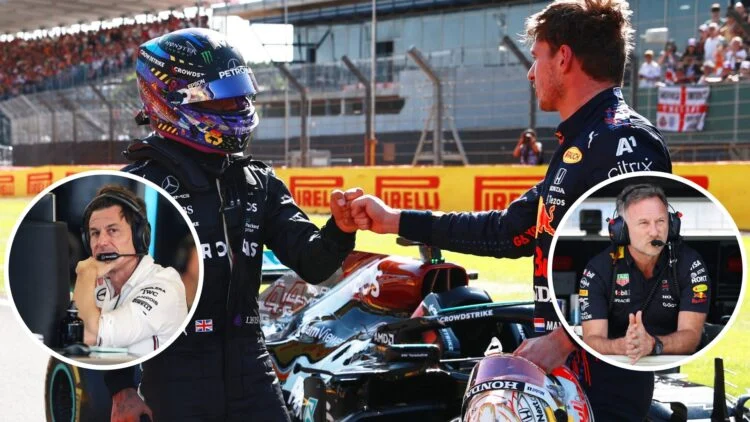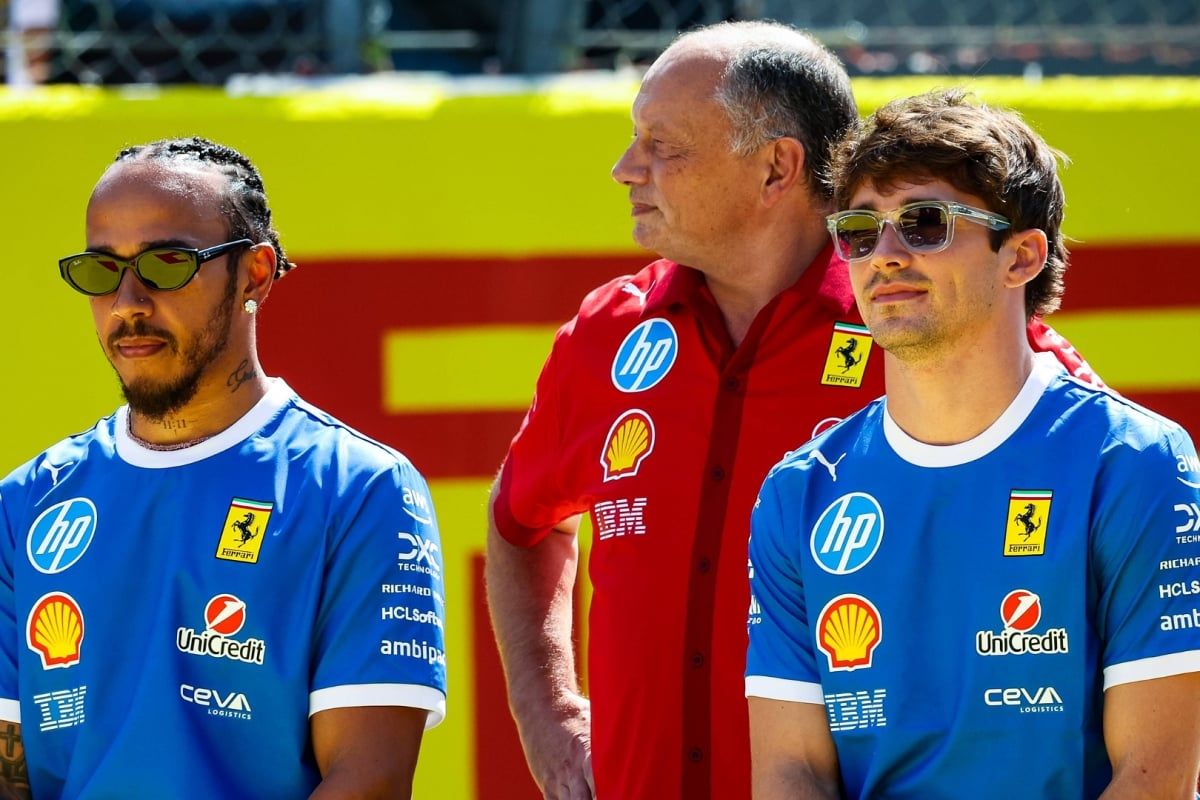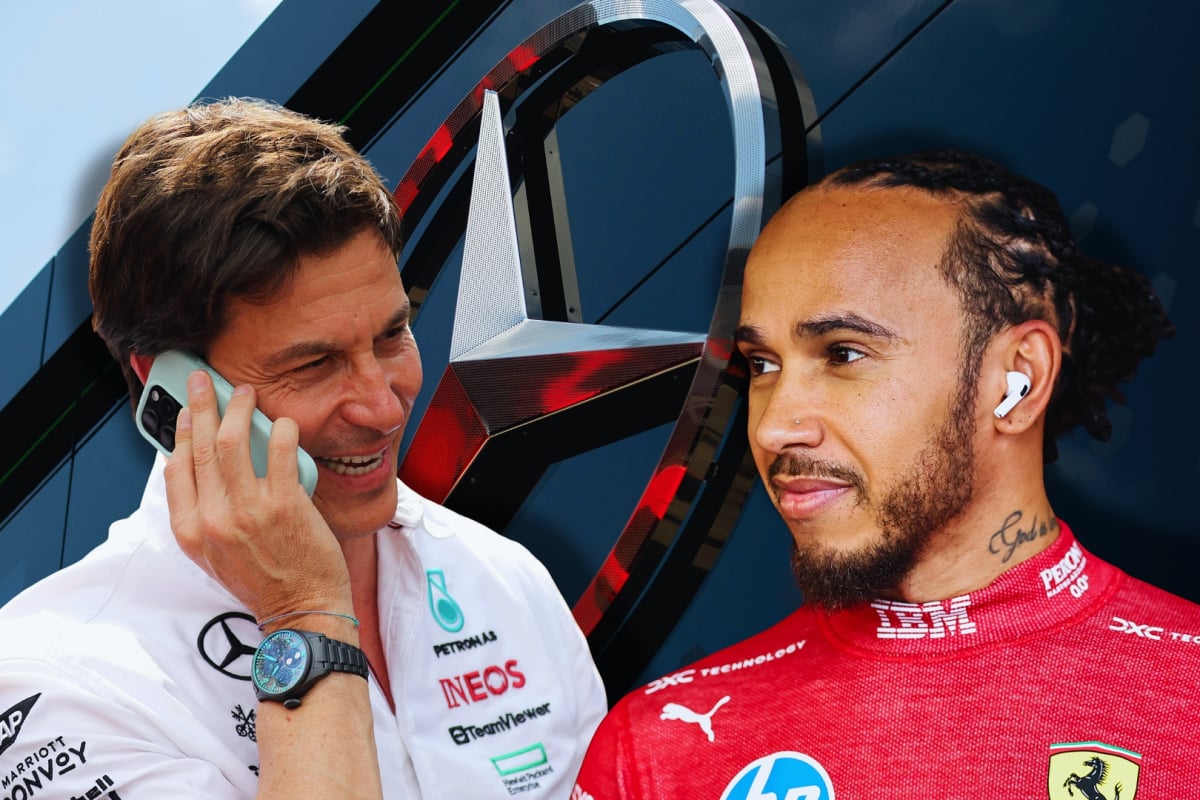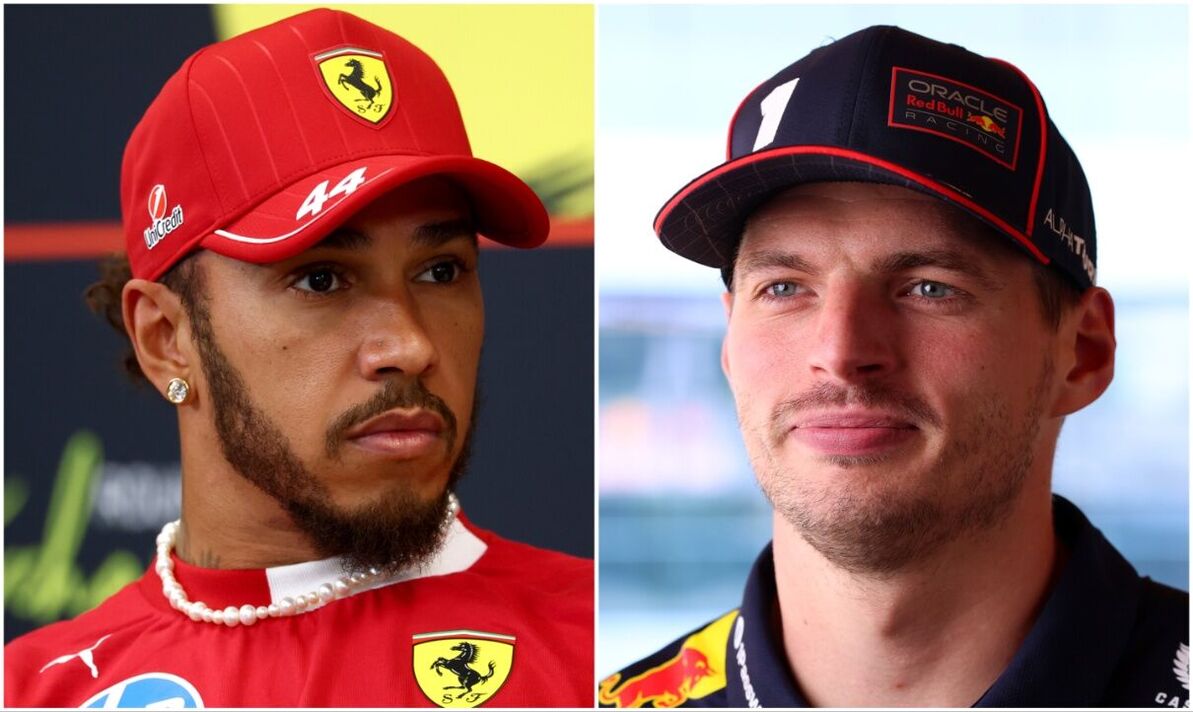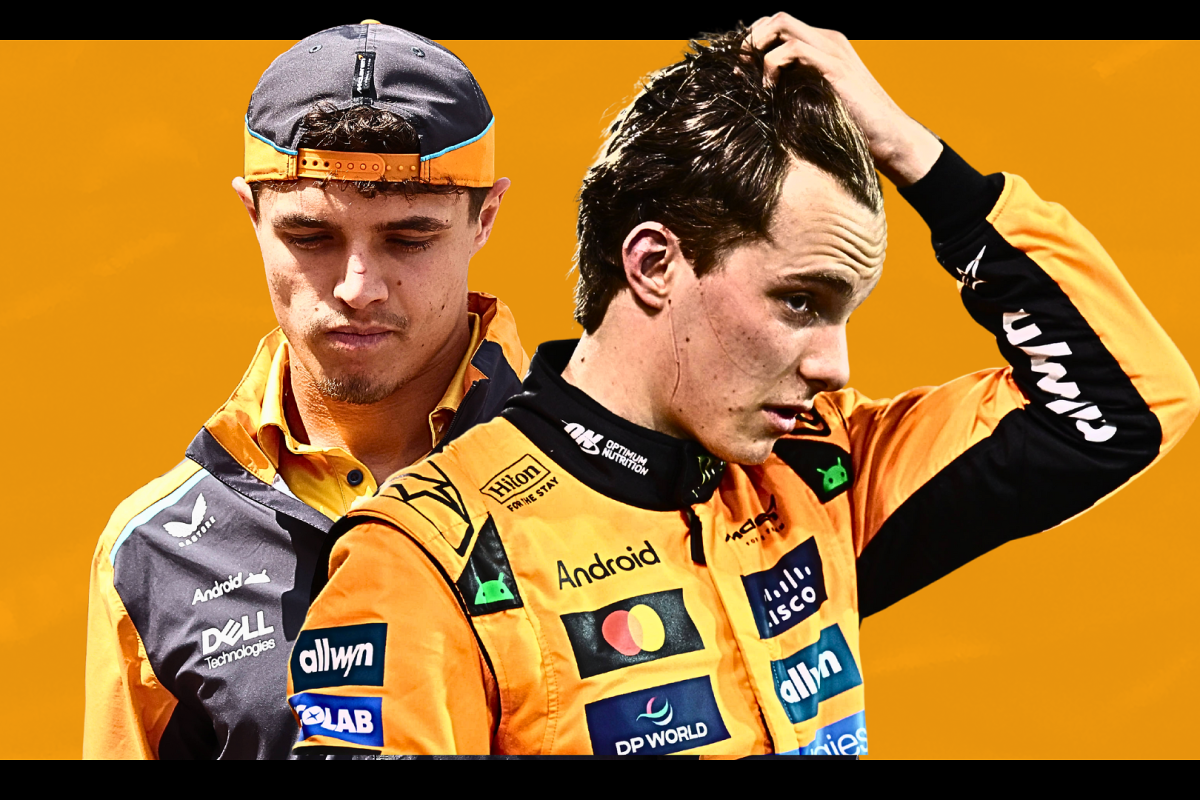Toto Wolff Implicates Christian Horner in Verstappen-Hamilton Collision, Reigniting F1’s B…read more
The simmering feud between Mercedes and Red Bull Racing, fueled by years of intense on-track battles between Lewis Hamilton and Max Verstappen, has flared up again. Mercedes team principal Toto Wolff has explicitly stated his belief that Red Bull’s team principal, Christian Horner, bears responsibility for at least one of the numerous clashes between Hamilton and Verstappen, suggesting a pattern of strategic influence contributing to the incidents. While Wolff refrained from specifying a particular race, his comments, made during a recent interview, have reignited the longstanding controversy surrounding the drivers’ aggressive encounters and the role of team leadership in shaping race strategies and driver behavior.
Wolff’s assertion centers on the idea that Horner’s influence on Verstappen’s driving style and race approach played a significant role in escalating the tension between the two drivers. He alluded to a perceived pattern of encouragement, either tacit or explicit, towards a particularly aggressive style of racing, one that prioritized pushing boundaries and ultimately resulted in collisions. While not explicitly accusing Horner of directly instructing Verstappen to cause incidents, Wolff implied that a culture of aggressive driving fostered within Red Bull, implicitly condoned, if not encouraged, by Horner, contributed directly to the clashes with Hamilton.
The historical context of the Hamilton-Verstappen rivalry is crucial to understanding the significance of Wolff’s statement. Their battles for the World Championship, particularly in 2021, were marked by numerous controversial incidents, including high-profile collisions at Silverstone and Monza. These clashes, often resulting in significant damage to cars and, in some cases, injuries, fueled intense debate among fans and within the Formula 1 community about the drivers’ conduct and the responsibility of team principals in managing the competitive environment. The 2021 Abu Dhabi Grand Prix, concluding a season of relentless competition and contentious moments, remains a particularly sore point for Mercedes, with lingering questions regarding the race director’s decision-making and its impact on the championship outcome.
Wolff’s comments are likely to be met with strong opposition from Red Bull and Horner himself. Horner has consistently defended Verstappen’s aggressive driving style, portraying it as a reflection of the Dutchman’s natural talent and competitive spirit. He has often dismissed suggestions of any intentional wrongdoing on Verstappen’s part, attributing the collisions to hard racing incidents within the accepted boundaries of Formula 1 competition. The accusation of influencing Verstappen’s driving style to create such incidents, however, represents a far more serious allegation, suggesting a level of manipulation and strategic game-playing that extends beyond the accepted norms of Formula 1 competition.
The fallout from Wolff’s statement is likely to further intensify the already strained relationship between Mercedes and Red Bull. The two teams have engaged in a long-running battle for dominance in Formula 1, a rivalry reflected in both their on-track performances and their off-track interactions. This latest exchange promises to keep the tensions simmering, adding a new layer of complexity to their ongoing competition. The lack of specifics regarding the incident in question leaves room for interpretation, but the very act of openly blaming Horner for Verstappen’s driving, rather than merely criticizing the driver himself, is a significant escalation in the ongoing rivalry. The coming weeks and months will likely see further pronouncements and responses from both teams, underscoring the enduring bitterness and intensity of this high-stakes battle for Formula 1 supremacy. The incident highlights the complex interplay between driver skill, team strategy, and the responsibilities of leadership in the high-pressure world of Formula 1 racing.
